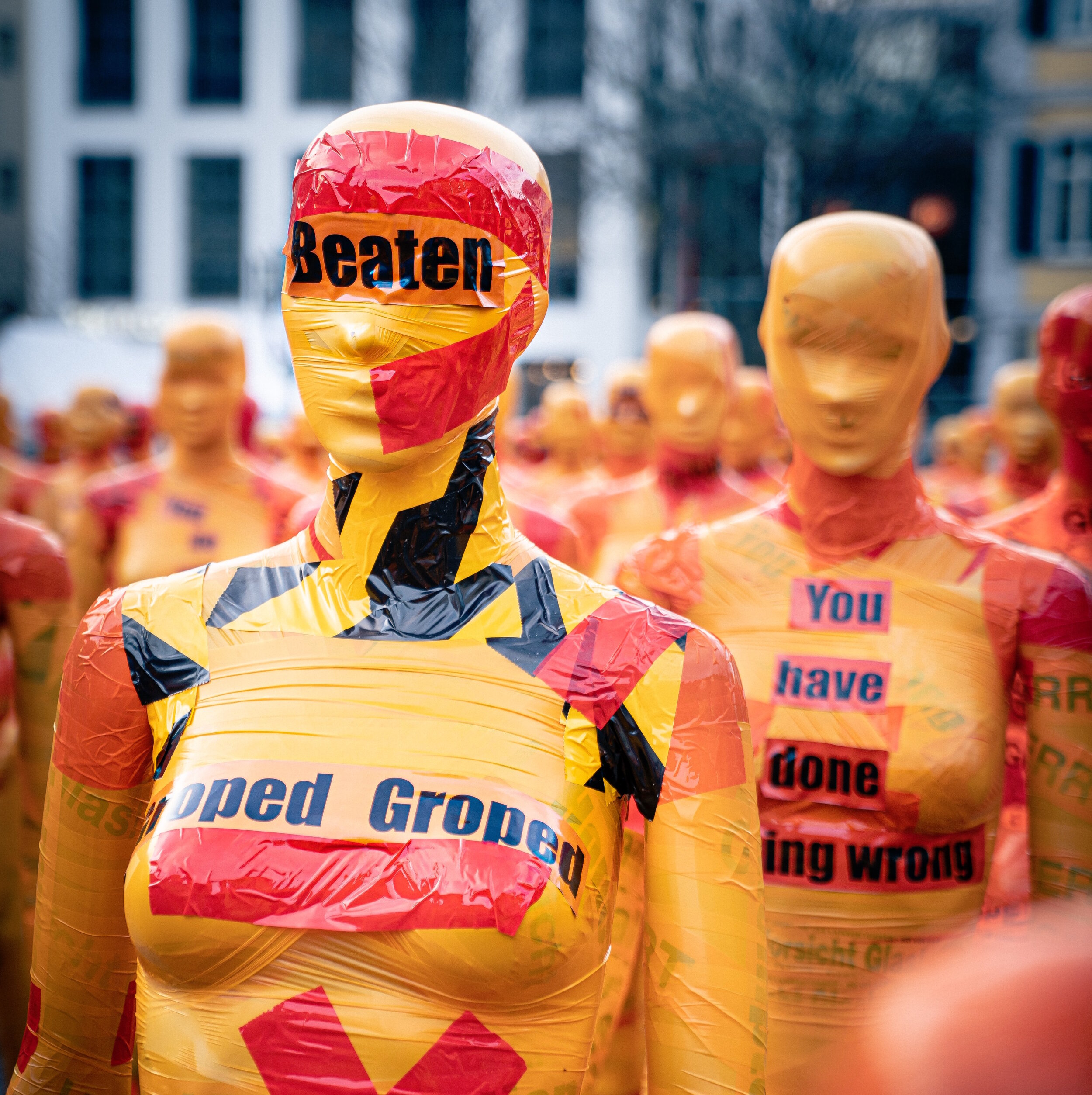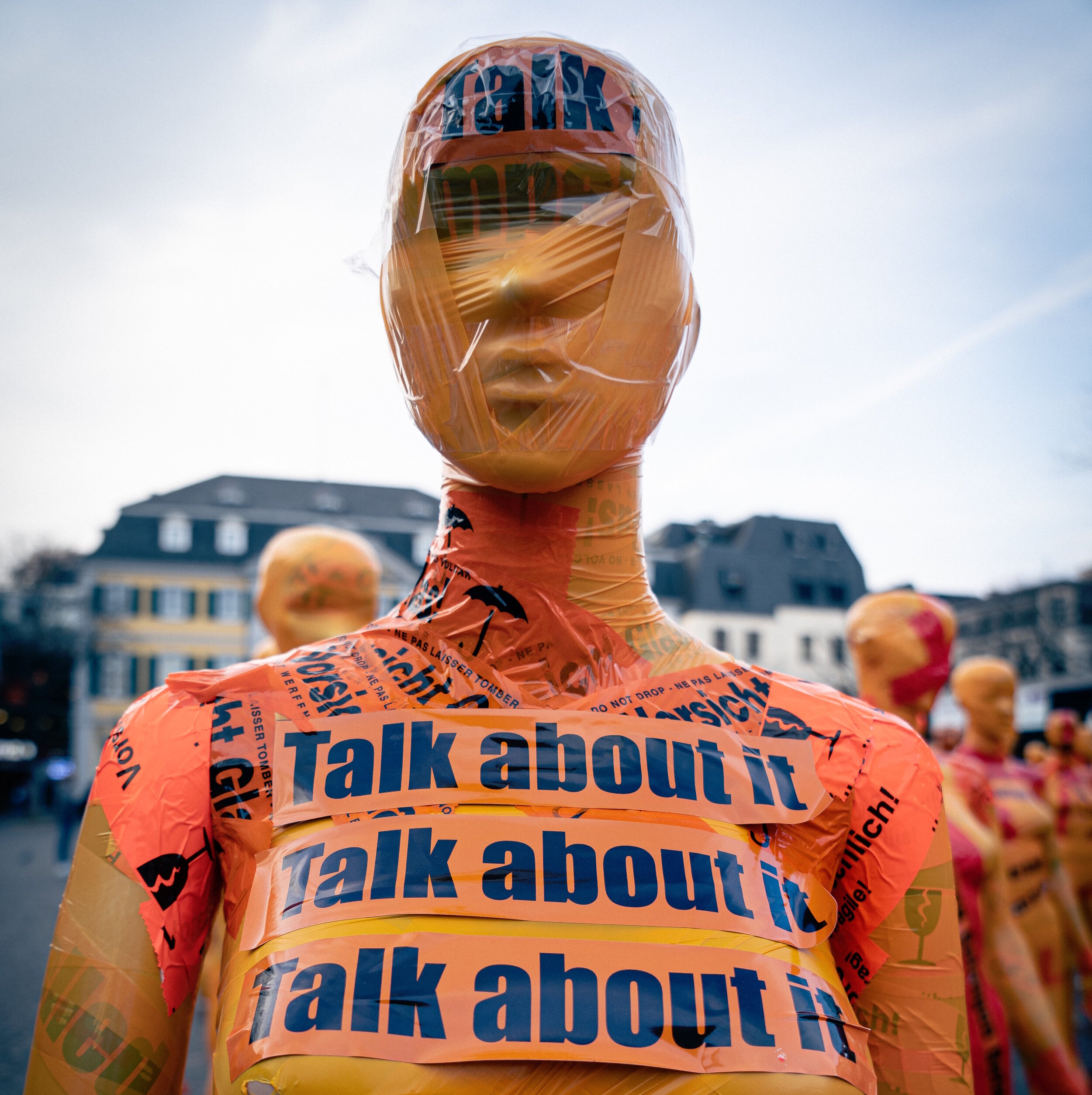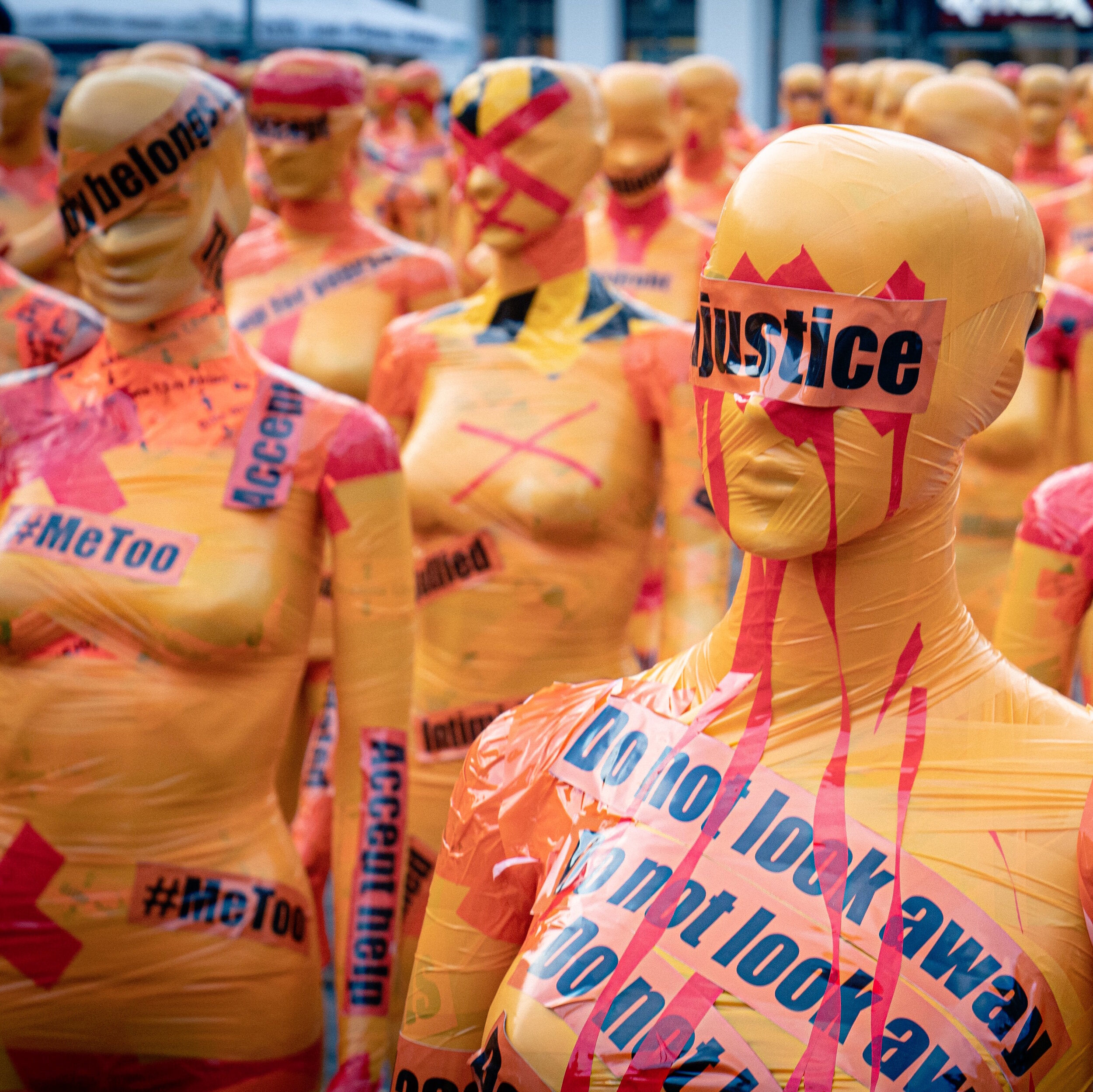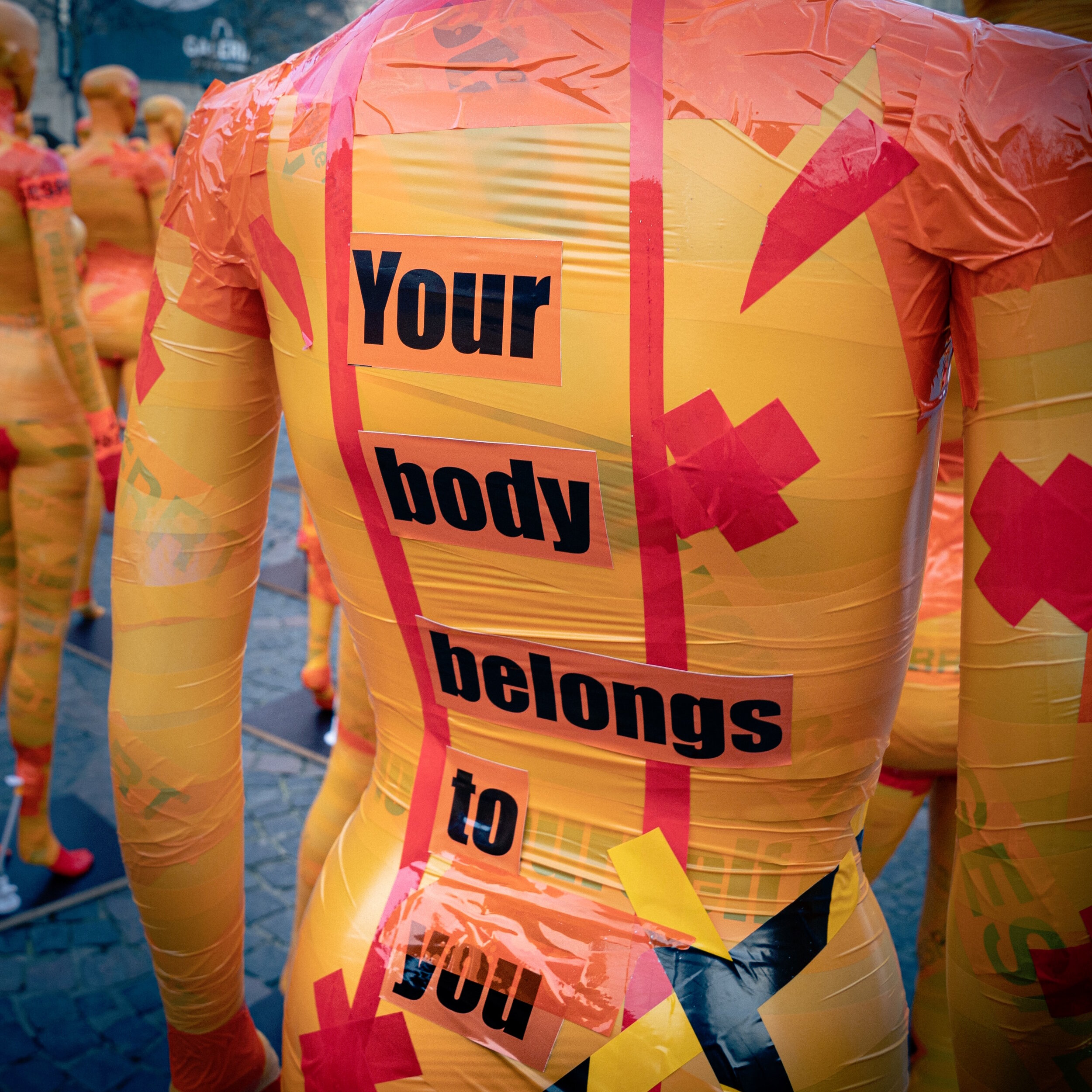Well.
I’m going to say the most vulnerable thing.
(Content warning/trigger warning: sexual assault)
.
.
.
.
.
.
.
.
.
.
Last Friday afternoon I was sexually assaulted by a male friend I’ve known since I was fifteen.
I share this with you in service of deep connection between us, and because you and/or many people you know have also experienced sexual assault.
I want us to know what to do and how to respond when sexual assault happens to someone we love.
I’m not here to out him and shame him.
At my ripe ol’ age of 40, being a single and divorced queer cis white-bodied woman and parent of three children, I’ve got loads of personal experience, professional training, and the wisdom to hold multiple pieces of me like:
A victim-blaming piece (Did I lead him on? Ask for it? How’s he doing? Is he okay?)
A get-on-with-it piece (I’m moving through heartbreak from the end of my relationship. I'm selling, buying, and moving homes. I'm doing deep somatic abolitionist work.)
A trauma-informed piece (Flashbacks. Hypervigilance. Contracting around men.)
I show up with every piece of me to these moments.
I can’t hold back and call what happened a "situation" or "experience" or "incident" or "transgression" and undermine what I experienced.
I also can't rest into compassion for what patriarchy has taught him as a white-bodied cis heterosexual male without erupting into swear words and double middle finger gestures.
I share with you because I want to have a conversation around community and what a firm and protective response might be to sexual assault in a rape culture that’s doing the work to change.
And before that, we have to support individuals.
So here are three things you can do to support someone in your life who experiences sexual assault:
ONE: Hotline Access
Take out your phone and create a new contact with the following information:
RAINN: The National Sexual Assault Hotline at 800-656-4673 (also memorable as 800-656-HOPE)
I didn't have the capacity to look it up myself, and I did have the capacity to ask others for help.
I called this number a few hours after experiencing sexual assault and was routed to my local YWCA.
Lacey was on the other line.
They listened. They supported. They held.
And I felt seen, heard, and validated.
TWO: Learn How to Hold Space
Holding space for someone (and for yourself) offers you the capacity to be with discomfort without:
talking about yourself
fixing it
making the other person wrong
This somatic, body-based Holding Space Training you can do with a partner in 23 minutes to learn how to hold space and experience what it feels like when you interrupt someone who wants you to hold space.
All you have to do is press play.
THREE: Do Your Work
Learn about, acknowledge, and unlearn global dominant systems of patriarchy, cis heteronormativity, white-bodied supremacy, capitalism, and Christian hegemony, especially with regards to how they interact and support one another.
You can read My Grandmother's Hands, a book by Resmaa Menakem.
You can write through Layla Saad's Me and White Supremacy guided journal.
You can experience and breathe with Rachel Ricketts in her pre-recorded Spiritual Activism 101 course. (Yes, there's 102, too).
Or you can commit to Foundations in Somatic Abolitionism, which I've just completed with Resmaa Menakem and facilitated by Carlin Quinn.
I don't expect many people to have the inner resources to sit with the discomfort of reading this far.
And if you have, THANK YOU.
Thank you for listening.
Thank you for witnessing me.
Thank you for breathing and staying with helplessness and maybe even apathy or numbness to be here.
With deep appreciation and gratitude,
Daniela




